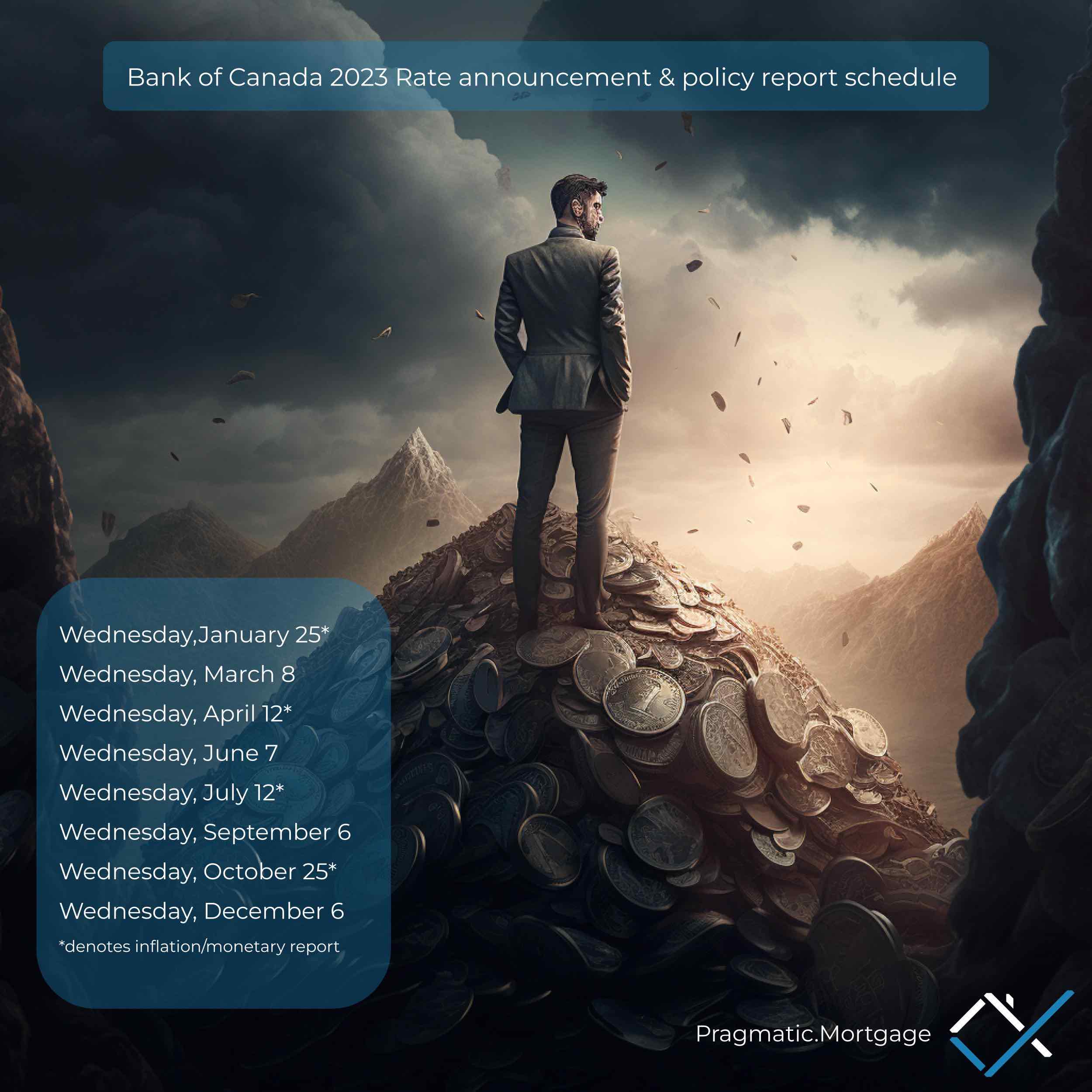As a homebuyer, mortgage holder, or refinancer, you may have found yourself wondering why some transactions require an appraisal of the property while others do not. The answer to this question lies in a variety of factors, including lender specific requests, the use of automatic valuation methods, and the nature of the transaction itself.
Lender specific requests
First and foremost, not all lenders are created equal when it comes to determining if an appraisal is required. For example, larger banks such as the “big five” may have a larger database of properties within Canada, which gives them more confidence in determining the value of a property without the need for an appraisal. This is due to the fact that these larger banks have more resources and access to a larger pool of data and information, which allows them to make a more informed decision about the value of a property without the need for a physical appraisal.
On the other hand, smaller banks or credit unions may not have as much information on a specific property or neighborhood, and may therefore require an appraisal in order to have a better understanding of the value of the property. These smaller institutions may not have the same level of resources and access to data as the larger banks, which can make it more difficult for them to determine the value of a property without the need for an appraisal.
Automatic Valuation Methods (AVMs)
Another factor that can impact the need for an appraisal is the use of Automatic Valuation Methods (AVMs). These digital appraisals happen during the mortgage underwriting process and can be used to determine a rough estimate of a property’s value. AVMs are becoming increasingly popular in the lending world as they are a more efficient and cost-effective way to determine the value of a property. However, with the property values dropping, AVMs have been getting more difficult to approve and lenders are being more cautious and using the AVM method by making sure they send out a physical appraisal to determine that the property is truly worth.
Private Sales and Non Arm’s Length
When it comes to purchasing a property, there are a few situations where an appraisal will typically be required. For example, if the property is being purchased privately (without the involvement of a realtor) and there is no third-party representation to ensure fair market value, an appraisal may be necessary. This is because in a private sale, there may be a lack of transparency in the transaction and an appraisal can provide a more accurate representation of the true market value of the property. Similarly, if a property is being purchased from a family member or someone the buyer knows, an appraisal may be required to ensure that the transaction is not at an “arms-length” and that the property is being valued fairly.
Mortgage Refinance
Perhaps the most common situation in which a physical appraisal is required is during a refinance application. In this case, it is necessary for the lender to ensure that the borrower has enough equity in the property to support the new loan, and an appraisal is the best way to determine this. This is important for the lender to know as it can be a way to mitigate the risk of default on the loan.
Conclusion
In conclusion, while it may seem confusing as to why some transactions require an appraisal while others do not, there are a variety of factors at play. From lender specific requests to the use of AVMs, each situation is unique and the need for an appraisal is determined on a case-by-case basis. As a homebuyer, mortgage holder, or refinancer, it is important to understand these factors so that you can be prepared for the appraisal process, should it be required. It’s always good to be informed and have knowledge of why certain things happen in the world of real estate, it can save you a lot of time, energy and money in the long run.











